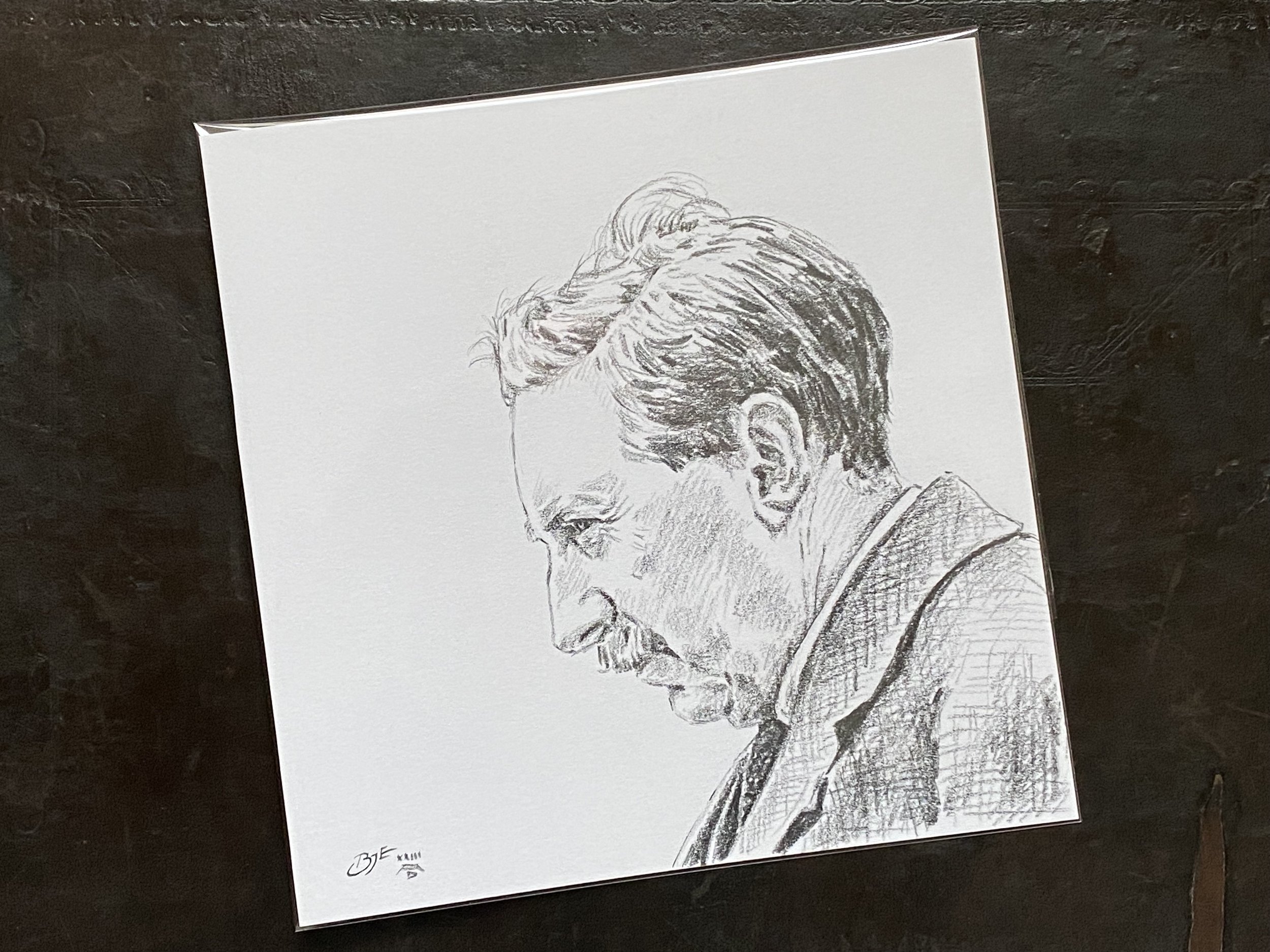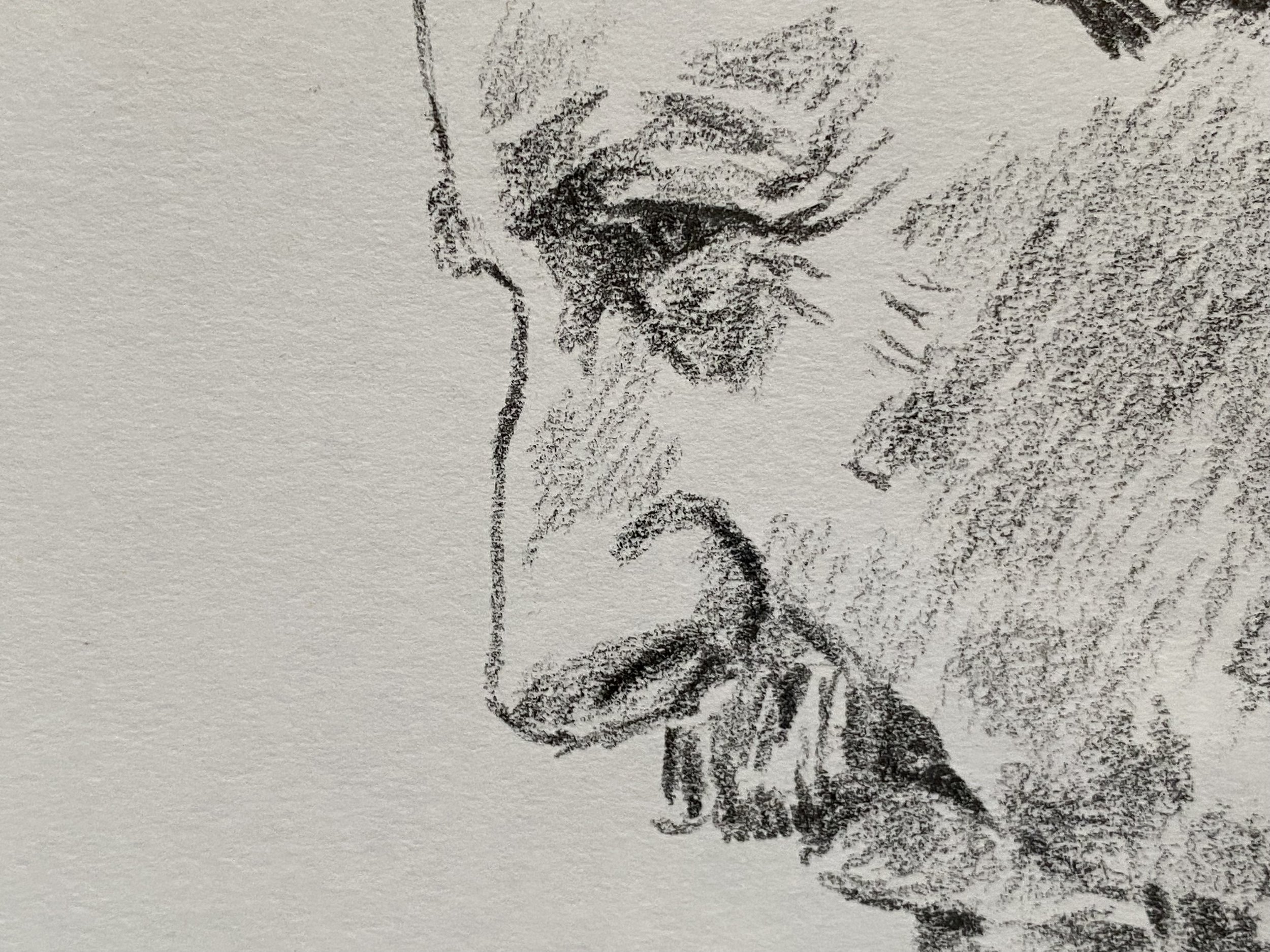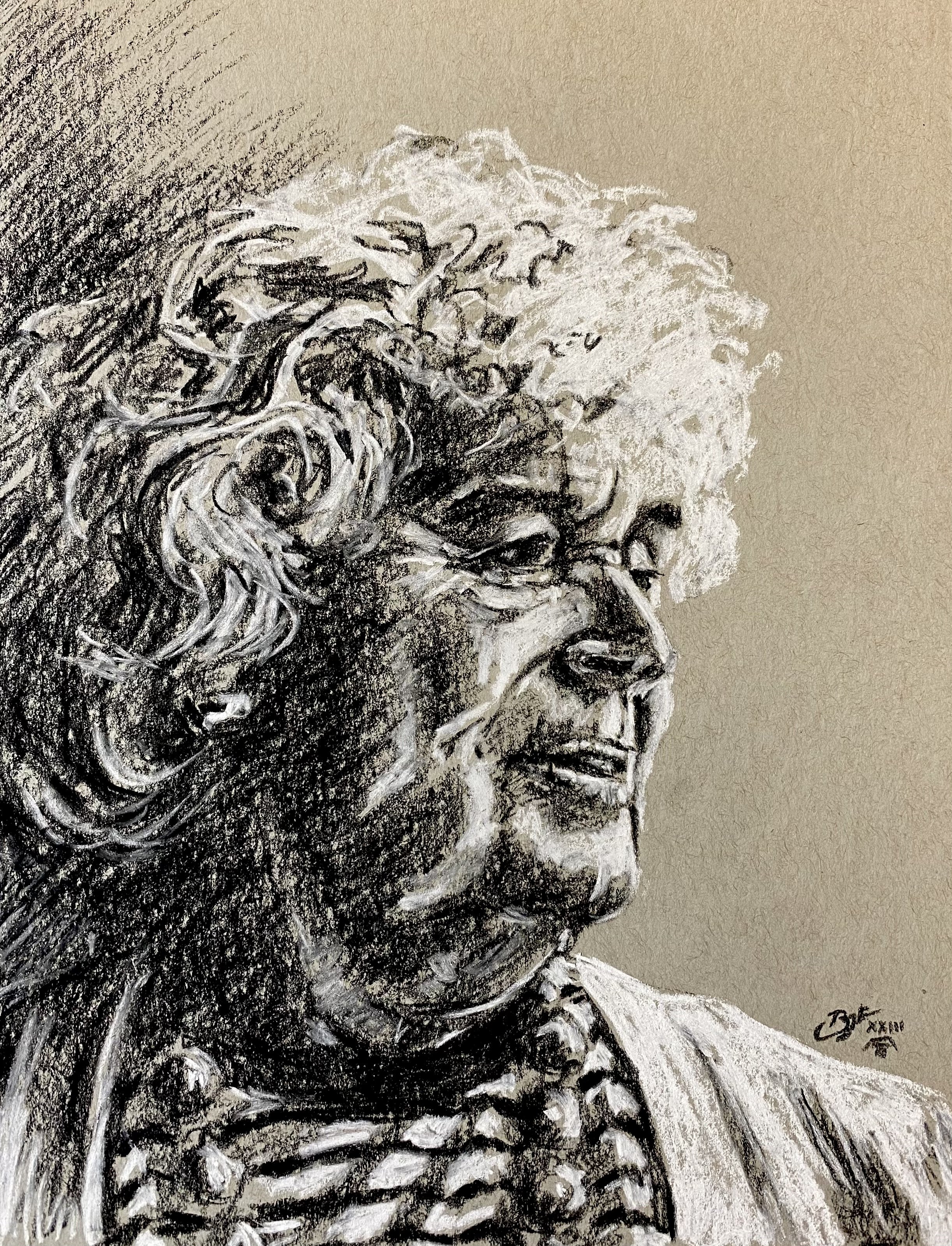E M Forster






E M Forster
E M Forster (1879-1970) was a British novelist, short-story writer, essayist and broadcaster whose fiction is considered to be among the finest of the Edwardian era. His novels address themes of social, sexual, cultural and class conflict, and the possibility of achieving harmony and reconciliation through empathy and understanding across all barriers, as stressed by Forster’s oft-quoted maxim ‘only connect’, the epigraph of his 1910 masterpiece Howards End. Although most of his fiction concerns heterosexual love, the novels are shot through with examples of idealised male friendships which cast light on Forster’s own private struggle with his sexuality, a secret he kept from the public gaze throughout his life. His gay novel Maurice, which combines Forster’s interest in class divisions with a bold celebration of sexual love between men, was written as early as 1914 but remained unpublished until a year after his death. Likewise, a collection of explicitly gay short stories, The Life to Come, was published posthumously in 1972. In the twenty or so years following Forster’s death, five of his six major novels were adapted into acclaimed films: among them, James Ivory’s Maurice (1987), starring James Wilby, Hugh Grant and Rupert Graves, has become a classic of queer cinema.
Other film adaptations of Forster’s work include: A Passage to India (1984), A Room With a View (1985), Where Angels Fear to Tread (1991), Howards End (1992)
Framed Dimensions: 288mm x 288mm (Unframed: 192mm x 194mm)
Pencil on 160gsm Daler Rowney smooth paper
Glazed, mounted and framed
Supplied with signed letter of authenticity from Barnaby.
Please note, this is the original artwork by Barnaby. It is unique and not a reproduction.




